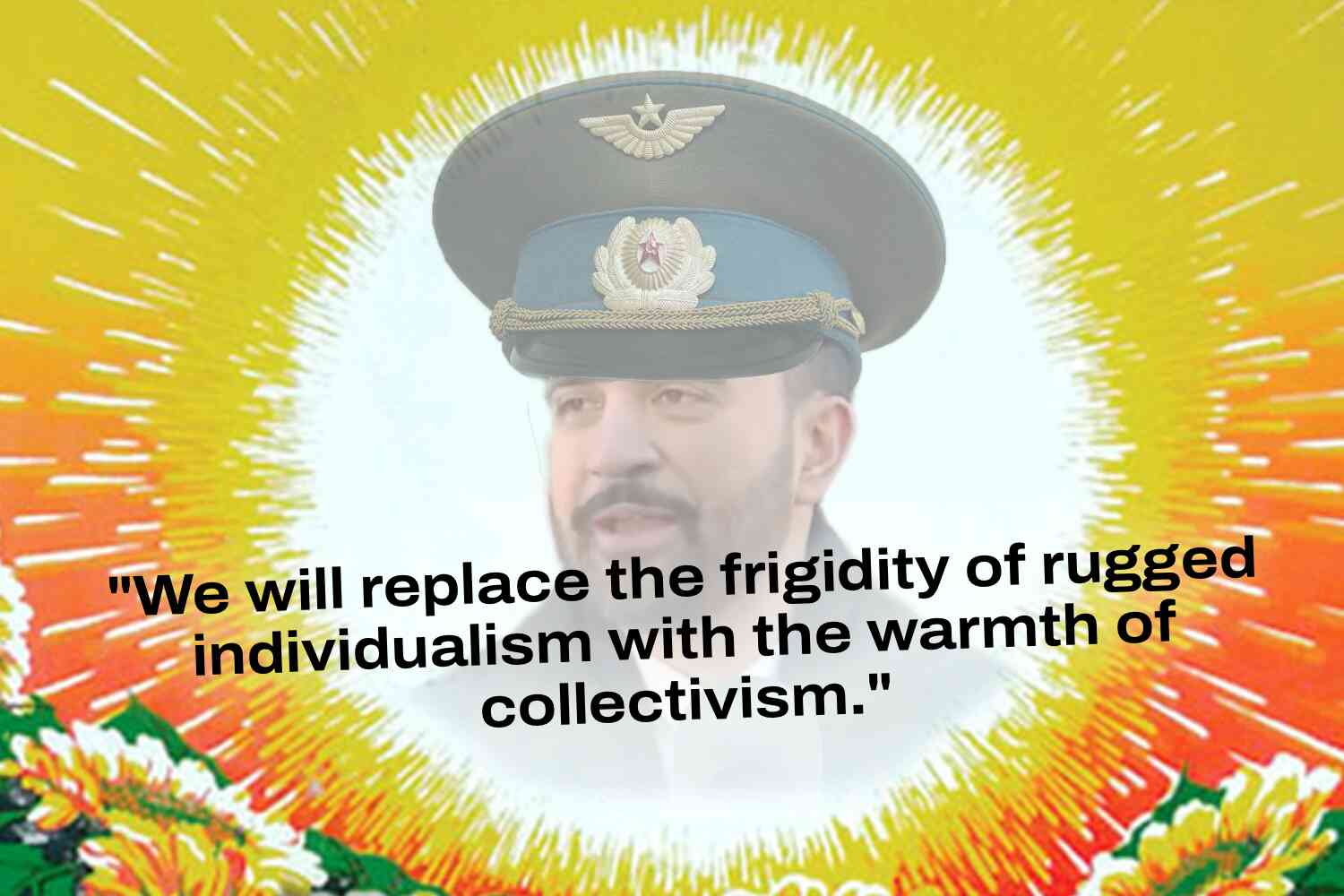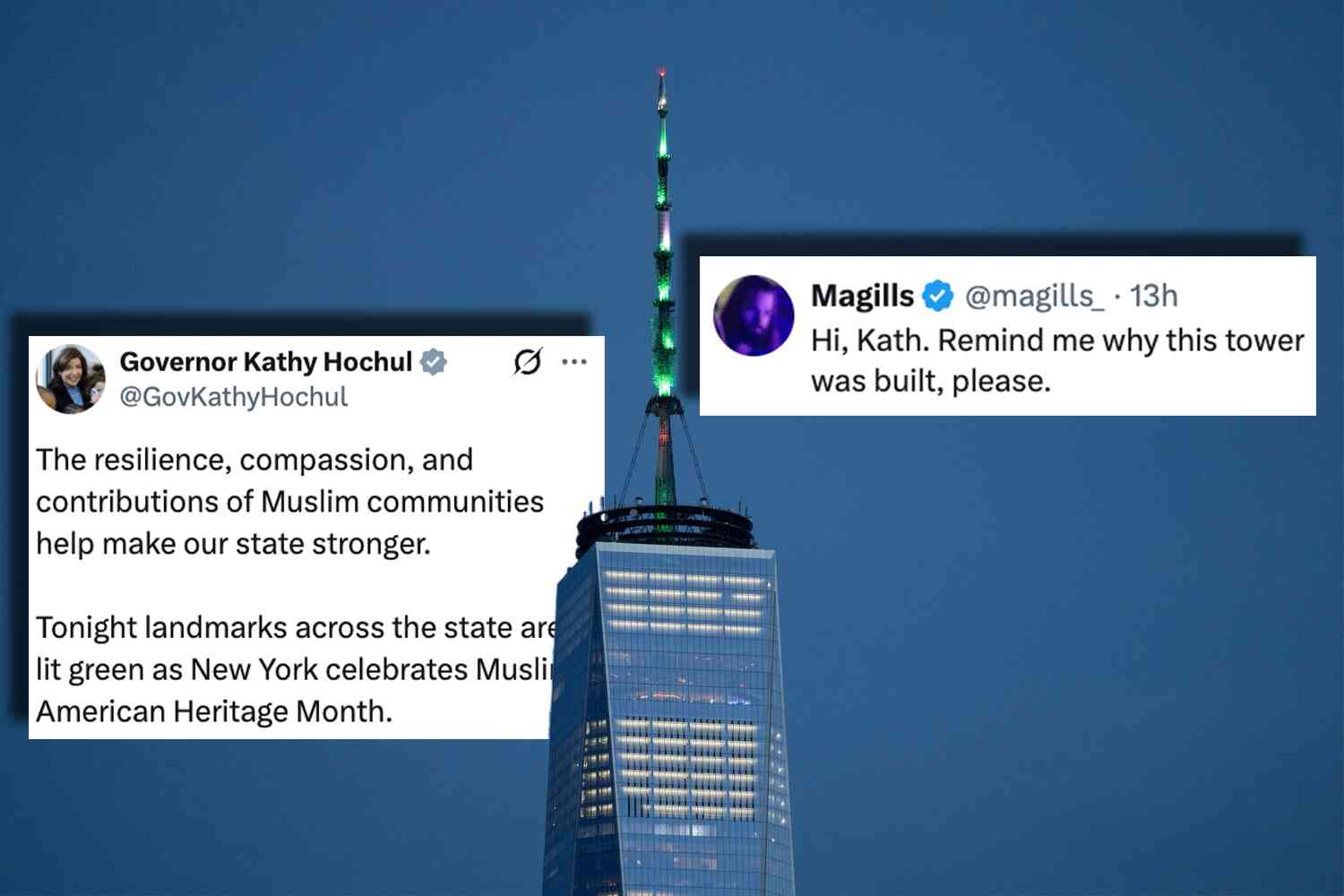Good news for our married audience.
And important news for those jaded young readers who might think marriage is a scam.
The old trope of the unhappy, bitter married couple is nothing more than a myth.
Almost like marriage is a good gift from God, has been practiced from the beginning of humanity, and is the normative means of human flourishing.
And don't believe me because of the religious aspect.
The Institute for Family Studies dove into the numbers with this new survey that began in 2008 and wrapped up in 2023 and polled more than 2.5 million Americans.
Comparing across relationship status, adults who are married are by far the happiest, as measured by how they evaluate their current and future life. In 2023, married adults ages 25 to 50 are 17 percentage points more likely to be thriving than adults who never married, up from 12 percentage points in 2009. The gap favoring those who are married is consistently large over the entire 2009 to 2023 period, though it ranges from a low of 12 percentage points to a high of 24 percentage points.
No matter how you cut it, married folks are just happier than single folks. By A LOT.
I feel bad for all my single friends but don't become bitter. This is still very good news for our nation if we can encourage more people to marry.
The results also showed that married people's reported well-being was higher in men, women, and people of every race. It doesn't seem to matter who you are, marriage is a good thing for your well-being.
Of course, we know correlation does not necessarily equal causation, but the numbers seem to indicate that marriage at least has something to do with people's happiness.
This does not mean that marriage — as an institution or relationship — is necessarily the cause of a better life, though that certainly may be true. People who are persistently happier — or have attributes that tend to generate and sustain happiness, such as character traits like agreeableness, emotional stability, and conscientiousness — may be more likely to seek out marriage and may be more likely to receive marriage proposals. Marital status is not randomly assigned.
Still, the effect of marriage is high. Educational attainment predicts well-being, but a married adult who did not attend high school evaluates life higher, on average, than an unmarried adult with a graduate degree, after adjusting for gender, race, and age. The Gallup data from 2020 to 2023 show that marital status is a stronger predictor of well-being for American adults than education, race, age, and gender.
Modern society will tell you happiness can be determined by your gender, or your race and whether or not you have "privilege." If only you had that one additional degree you could be happy. Put off marriage for a few more years and get that money, then you'll feel happier.
Or maybe white people are better off because of their privilege. Or maybe if I was a little bit older.

The marriage premium is not explained by political party preference, religious affiliation, nor, entirely, by household income.
Try to get married.
Solomon said it well:
Proverbs 18:22: He who finds a wife finds a good thing, and obtains favor from the LORD.
The study also shows that the well-being found in marriage is often contagious.
Metropolitan areas with more married people are generally happier and have greater well-being as a whole.
The community-level well-being link to marriage is not limited to subjective well-being. Using an objective measure of well-being — or lack thereof — yields the same results. In my analysis with Andre Perry of Brookings, we found that subjective thriving was highly and negative correlated with deaths of despair at the metropolitan scale.
Here, I run models predicting the age-adjusted rate of deaths of despair, defined as deaths from suicide, drug or alcohol poisoning, or overdose. Again, marriage rates are strongly predictive — in this case negatively related to deaths of despair. The effect is even larger than the Bachelor's degree attainment rate.1 In fact, the marriage rate measures are each more important than the college attainment rate, age composition, or racial composition in predicting deaths of despair
Those Mormons in Utah sure are carrying the load!
Just being around married people makes everyone's life better!
It's almost like marriage is the bedrock of society and we should be doing everything as individuals, churches, and governments to promote and encourage it.
This seems to back up a happiness study from the University of Chicago we told you about last summer.
Guys, we can't overstate it. Marriage is THE foundation of society!
P.S. Now check out our latest video 👇









